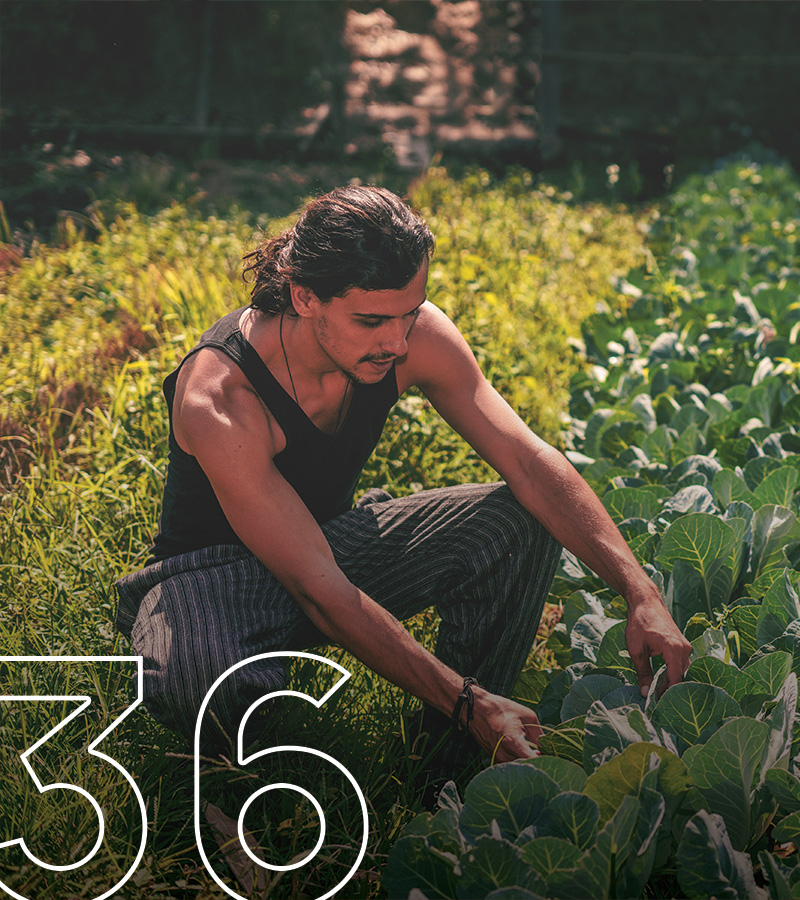Step 11 Devotional: Hiding in the Light
Everyone has a natural response to hide & go to a hiding place from time to time.
A growing relationship with God gives us a better hiding place and teaches us to hide in a healthy way.
Early on in this series, we talked about coming out of hiding, removing shame from our lives, and going to God for comfort. Just because we’ve moved on to deal with other issues doesn’t mean we shouldn’t still work on those things. And all of those goals are achievable together. All we have to do is have and grow a relationship with God. Easier said than done, right? Growing in a relationship with God often seems like a silly, intangible thing to do, especially when you don’t even believe he exists. But it can actually be one of the realest and beneficial things you can do in recovery.
Prayer is another one of those hard and intangible things that even professing Christians struggle with. But it’s a crucial part of a healthy relationship with God. And to be honest, the word “prayer” is such a spiritually bogged down term. It essentially just means to talk to God. Every great and thriving relationship is built on good communication, and a relationship with God is no different. By praying, we’re able to go to God with all that we’re struggling with and ask for help. More importantly, we’re able to ask him what it is that we still need to work on and what he has planned for our life.
Published
11/20/2022
Category
Faith
Step 11 of Recovery
We sought through prayer & meditation to improve our conscious contact with God as we understood Him, praying only for knowledge of His will for us & the power to carry that out.
Like many things that we learn in recovery, “hiding” isn’t necessarily a problem, it’s where we go to hide that’s the problem. Take the difference between solitude and isolation for example. In both cases, we’re alone, but for two very different reasons. The difference between healthy and unhealthy alone time is the reason why we’re alone. If we’re taking intentional time alone to rest, reflect and possibly spend time with God, then we’re getting solitude. If we’re subconsciously and reactionarily pulling away from our friends and family to avoid hard interactions and choices, then we’re isolating.
The same reasoning can be used for when we “hide.” Hiding isn’t necessarily a bad thing, it’s just how and where we do it that’s the problem. A young child will both hide their sibling’s broken toy under their bed and hide behind their mother’s legs when a stranger approaches them. Hiding is a natural response for us, but one type of hiding is healthy while the other is unhealthy. Having a growing relationship with God and praying to him fixes all that. We no longer go to our addiction for comfort and hide from everyone. We now go to God for comfort and expose our faults to the light. It’s such a freeing process that most people don’t partake in.
Light has come into the world, but people loved darkness instead of light because their deeds were evil. Everyone who does evil hates the light, and will not come into the light for fear that their deeds will be exposed. But whoever lives by the truth comes into the light, so that it may be seen plainly that what they have done has been done in the sight of God.
John 3:19-21
A torturous part of recovery is fighting against the desire to still give in to our addiction. We have to work so hard to simply not want such a destructive habit in our lives. Letting others and God into that struggle is an important step to fighting against that notion. Unlike the child that hides the broken toy, we have to bring our faults into the light and acknowledge them to God and sometimes others. We can use our relationship with God as a kind of new “hiding place,” one that ironically allows us to expose our weakness to the light in order for us to heal and grow.
In the book of John, Jesus is often referred to as “the light of the world,” specifically for the purpose we’re talking about. After living the perfect life that we were all meant to live, he undeservedly died for all our faults, struggles and moral failures. Jesus took it upon himself to make up for all the wrongs we’ve done, all the hurt we’ve caused and experienced, spiritually speaking. This doesn’t mean that we don’t still feel the effects of our wrongs. If you’ve been in recovery for a while, you’ll know how true that is. But he still did it all so that we could be close to him. He did it so we can learn to love the light rather than the darkness and learn to hide in him.
Conclusion
Key takeaways
- Talking with God might seem intangible, but it’s one of the realest things you can do in recovery.
- “Hiding” isn’t a problem on its own, it’s what we’re hiding and where we go to hide that’s important.
- The difference between solitude and isolation is only your reasoning for being alone.
- “Hiding in the light” means bringing your faults and unhealthy desires to God.
- Jesus is “the light of the world” because his sole mission is to bring us out of darkness.
Challenge
Apply to your life
Take an hour this week to read John 3. Heck, read the whole book of John this week if you’re up for it. Out of all of the gospel accounts, John is by far the most flavorful. Trying praying to God too. It’s as simple as just talking out loud to him. Ask him to be your new hiding place.
Conclusion
Key takeaways
- Talking with God might seem intangible, but it’s one of the realest things you can do in recovery.
- “Hiding” isn’t a problem on its own, it’s what we’re hiding and where we go to hide that’s important.
- The difference between solitude and isolation is only your reasoning for being alone.
- “Hiding in the light” means bringing your faults and unhealthy desires to God.
- Jesus is “the light of the world” because his sole mission is to bring us out of darkness.
Challenge
Apply to your life
Take an hour this week to read John 3. Heck, read the whole book of John this week if you’re up for it. Out of all of the gospel accounts, John is by far the most flavorful. Trying praying to God too. It’s as simple as just talking out loud to him. Ask him to be your new hiding place.
Ty Walker
Ty Walker is a contract copywriter and graphic designer with a huge heart for recovery. He has spent the last five years serving churches and recovery communities with his creative skills. Ty spends his free time writing poetry and fictional short stories as well as hiking, biking, and kayaking with his wife, Angie, and his two daughters, Winter and Ember.
Credit where credit is due
This article was inspired by The Life Recovery Bible presented by Tyndale Publishing. If you would like to check out additional recovery articles, videos, and podcast episodes, check us out at artisticrecovery.org.
Check out some related episodes
- Faith
Step 8 Devotional: Harvesting Good Seeds
Article 36

